Research Area
The research area of the thermal engineering group covers broad range of topics regarding next generation energy conversion methods and their applications. 1) Development of high-efficiency/environmentally-friendly internal combustion engines, gas turbines, and hybrid systems, 2) experimental and numerical studies on combustion and chemical kinetics of alternative fuels, 3) development of environmentally-friendly heat pumps for both heating and cooling, and 4) life-cycle analyses of greenhouse gases from energy uses have been the primary research focuses of the group. In addition, interdisciplinary studies employing micro/nano and energy technologies and utilizing graphene and nano fluids are ongoing as well to acquire core technologies in the fields of nano-scale photon and molecular energy. These cutting-edge interdisciplinary studies will facilitate the developments of future solar cells and fuel cells that can compete with current high-energy density fossil fuel energy systems.
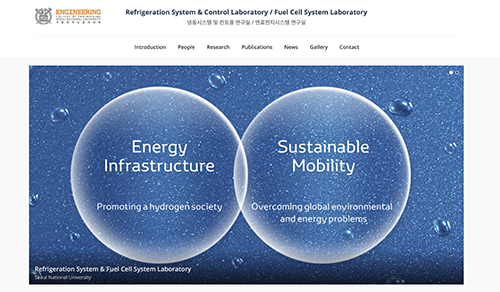
Energy systems utilizing hydrogen are getting attention to meet carbon neutrality goals. We conduct research for improving the performance and efficiency of a polymer electrolyte membrane fuel cell (PEMFC). Various studies on PEMFC are being conducted: novel designs of the fuel cell air flow path, fault diagnosis using machine learning, and development of open fuel cells for drone applications.

Research and development for improving thermal energy systems are inevitable nowadays to mitigate energy depletion and pollution. The main target of our laboratory is to improve various thermal energy systems and enhance their efficiency. Those thermal energy systems include heat pump systems, integrated thermal management systems for electric vehicles, and natural or mixed refrigerant systems.
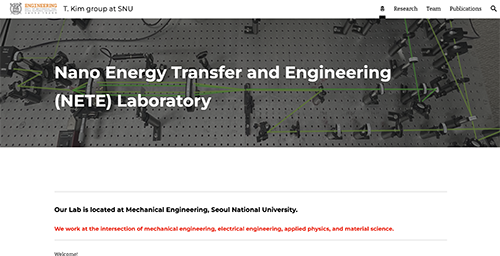
By employing optical spectroscopy and ultrafast electron microscopy, we systematically investigate transport phenomena of microscopic energy (thermal and electronic) carriers, to develop highly efficient novel energy materials and devices. Specifically, we conduct researches on thermal conduction in inorganic / organic materials, radiative cooling, and ultrafast photocarrier imaging.
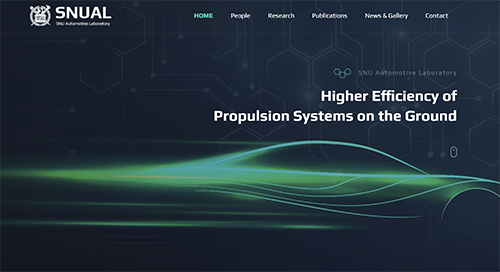
In order to develop next-generation automotive powertrain technology, research on eco-friendly automotive innovation systems such as hydrogen-electric vehicles (FCEVs) and electric vehicles (BEVs) is being conducted. Studying on new combustion technologies that increase the efficiency of internal combustion engines is also being conducted with CFD, engine experiments, and deep learning.
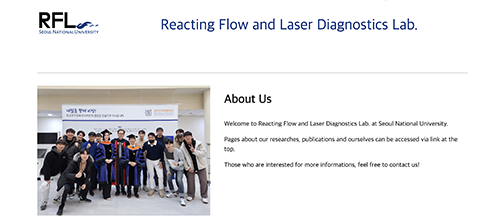
1) Developing & designing high-performance environmental-friendly combustors for propulsion and high-efficiency energy conversion systems driven by high-pressure & high-temperature fluids.
2) Investigating compressible and high-energy fast reacting flows to develop hypersonic air-breathing propulsion systems.
3) Developing novel laser diagnostics methods for measurements in fluids and on solid surfaces.
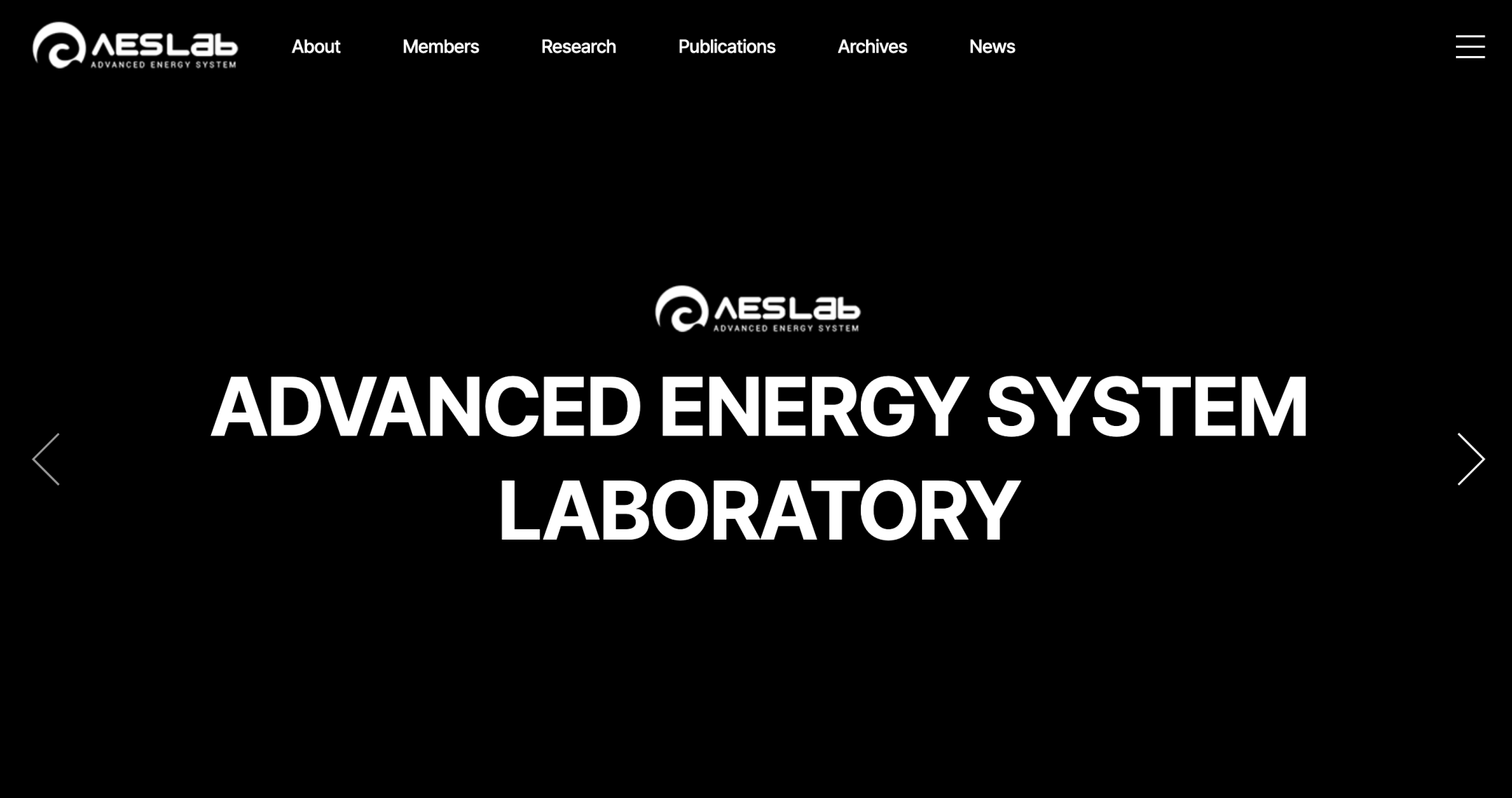
– Thermodynamics
– Applied Thermodynamics
– Life Cycle Assessment
– Advanced Thermodynamics
– Energy System Modeling

ANTS lab trys realize all the conventional rigid electronics into wearable electronics by developing flexible/stretchable electronics. Generally, we study (i) nanomaterial synthesis, (ii) laser based low temperature process, (iii) various application in electronics. The applications includes e-skin, soft robotics, AI based wearable sensors, transparent/stretchable electronics, VR/AR devices, energy storage, energy generation, air filters, etc.

The CATD laboratory conducts research related a variety of fuel cell and battery models such as the performance and life prediction of lithium ion battery (LIB) using the Multi-Scale Multi-Dimensional (MSMD) modeling technique and the micro / CFD analysis model for efficient calculation of solid oxide fuel cells.
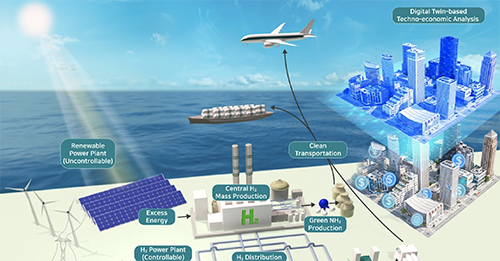
Thermodynamics (M2794.001100)
New Energy Engineering (M3500.002300)
Hydrogen Production and Feul Cell Application (M3228.001200)
Future Energy Conversion Engineering (M2794.009900)
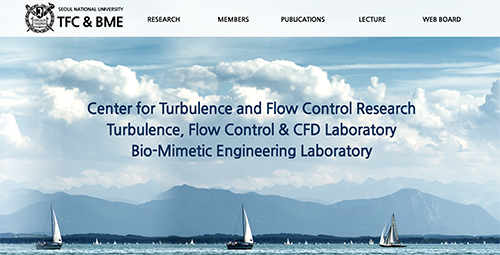
Professor Haecheon Choi teaches fundamental knowledge on fluid mechanics from the courses of Fluid Mechanics and Applied Fluid Mechanics (undergradue), and also teaches turbulence physics and numerical simulation from the courses of Numerical Analysis in Mechanical Engineering, Turbulent Flow, and Computational Fluid Dynamics (graduate).
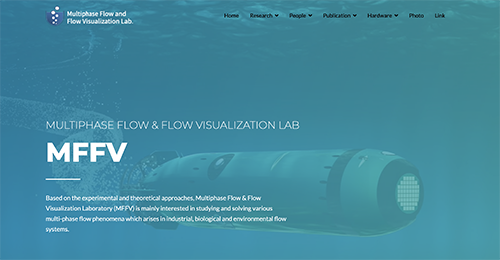
Among the fluid mechanics, focusing on multiphase flow and flow visualization, we offer the lectures on fluid mechanics and applied fluid mechanics (undergraduate), and operates fluid dynamics experiment courses. As graduate level, classes such as multiphase flow, inviscid flow, and viscous flow are opened by reflecting applied research fields such as environment, energy, and bio fields.
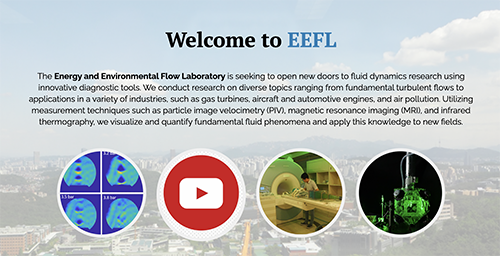
Undergraduate courses deal with the basic theory of fluid mechanics and also experimental measurement of flow phenomena using various flow diagnostic techniques. Flow and design methodology that is relevant for compressors and turbines that can be found in aircraft jet engines and power generation gas turbines is also taught. Graduate courses further explore advanced theories on inviscid and viscous flows.

The renewable energy conversion laboratory is a team working on two specific kinds of research; fuel cells and data-driven programming. We are designing various types of fuel cells such as SOFCs, PEMFCs by analyzing and testing the performance of the fuel cell. Based on the experimental data, we are progressing the research of fuel cell system and hybrid vehicle modeling, adjusting to the application of many industries by utilizing AI technology and data-driven programming.

